Luca Manning - When the Sun Comes Out (2019)
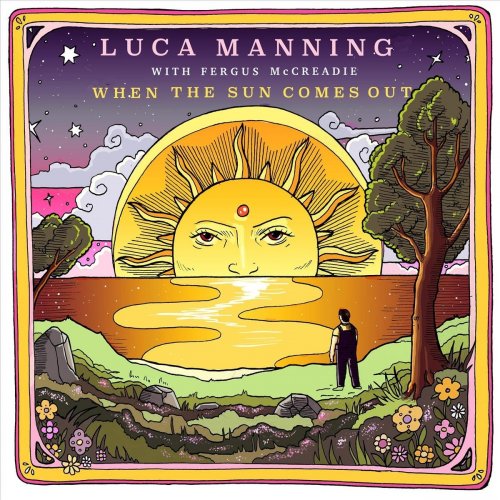
Artist: Luca Manning
Title: When the Sun Comes Out
Year Of Release: 2019
Label: Luca Manning
Genre: Jazz, Vocal Jazz
Quality: FLAC (tracks)
Total Time: 51:33 min
Total Size: 264 MB
WebSite: Album Preview
Tracklist:Title: When the Sun Comes Out
Year Of Release: 2019
Label: Luca Manning
Genre: Jazz, Vocal Jazz
Quality: FLAC (tracks)
Total Time: 51:33 min
Total Size: 264 MB
WebSite: Album Preview
01. Our Journey
02. If I Knew Then
03. Who What Why Where When
04. Mean to Me
05. When the Sun Comes Out
06. Stones of Brodgar
07. Where Are the Arms
08. Rise
09. Two Grey Rooms
10. Loch Lomond
The debut CD from Glasgow vocalist Luca Manning is a real landmark – a stripped-back collection of songs including three originals, accompanied by pianist/composer Fergus McCreadie, which really showcases his remarkable talent.
Luca Manning seems to have been on the scene in Scotland for some time, and so it comes as a surprise that this is his first outing as a headliner on disc. Currently studying at London’s Guildhall School of Music, he shows a maturity here which belies his 20 years; a mix of song styles and a nowhere-to-hide live recording setup brings us a sound which is very clearly the real deal. Manning and McCreadie recorded these ten songs with engineer Gus Stirrat in just one day in a room at the National Youth Orchestra of Scotland, a place where Manning feels very much at home. His relaxation with the informal ambiance comes over strongly in these fresh takes on material both old and new.
The opening Our Journey, a Manning original, is a bold ballad stroked into life by filigree piano work from McCreadie. The lyric is beautifully poised, a real showstopper in the making, and McCreadie’s piano solo catches the mood and stokes the fire very effectively. The pace picks up for If I Knew Then, the Dick Jurgens/Eddy Howard standard which swings mightily with McCreadie holding a solid walking bass. Manning thrills us as he flows into a chorus of vocalese lyrics by Rosina Bullen, spot on and pitch perfect in a way which would surely have Georgie Fame nodding in appreciation. There are yet more delights on this track in the form of an alto saxophone solo by Laura Macdonald, another of Scotland’s jazz stars.
The classic jazz style continues for Betty Carter’s Who What Why Where When, delivered in a beautiful style and showing Manning’s tonal and emotional range. McCreadie again more than pulls his weight with some rich comping and another fine solo. Mean To Me struts along irresistibly with a super scat chorus, Manning showing a great improvisational awareness as he develops his solo with a restraint not often found in people just out of their teens!
As the album progresses, Manning moves away from classic jazz material towards a wider range of sources. Stones of Brodgar, a haunting tune by Fergus McCreadie with lyrics by Fergus Hall, refers to the Ring of Brodgar, a landmark standing stone circle in Orkney and allows some classic McCreadie piano work nodding at traditional Scots musical styles. Where Are The Arms is New Yorker Gabriel Kahane’s song, a moving and gentle piece delivered with gravitas and style. Rise is another Luca Manning original song offered here as a trio with Laura Macdonald again joining the proceedings and joining in with the whole eight minutes of developing music, building with some fiery soloing and vocalising.
The album concludes with two very different songs. Joni Mitchell’s Two Grey Rooms, a really fine reading of Mitchell’s ode to unrequited love. The album closes with that most traditional Scottish finale Loch Lomond, still a popular choice for the closing moments of gatherings in village halls around the nation, which Manning wisely lets speak for itself with a strong, rooted interpretation.
This is a self-released (and very well-produced) debut CD which I can easily see becoming a collectors’ item. Manning has the talent, and the presence, to go on to wider success with greater musical resources. As it is, he has made a great deal here with very little. In these times when Gregory Porter has gone in a decade from tiny gigs at the Cheltenham Jazz Festival to selling out a week at the Royal Albert Hall, singers can cut through to a very wide audience. Get hold of this CD now and say that you were there at the start.
Luca Manning seems to have been on the scene in Scotland for some time, and so it comes as a surprise that this is his first outing as a headliner on disc. Currently studying at London’s Guildhall School of Music, he shows a maturity here which belies his 20 years; a mix of song styles and a nowhere-to-hide live recording setup brings us a sound which is very clearly the real deal. Manning and McCreadie recorded these ten songs with engineer Gus Stirrat in just one day in a room at the National Youth Orchestra of Scotland, a place where Manning feels very much at home. His relaxation with the informal ambiance comes over strongly in these fresh takes on material both old and new.
The opening Our Journey, a Manning original, is a bold ballad stroked into life by filigree piano work from McCreadie. The lyric is beautifully poised, a real showstopper in the making, and McCreadie’s piano solo catches the mood and stokes the fire very effectively. The pace picks up for If I Knew Then, the Dick Jurgens/Eddy Howard standard which swings mightily with McCreadie holding a solid walking bass. Manning thrills us as he flows into a chorus of vocalese lyrics by Rosina Bullen, spot on and pitch perfect in a way which would surely have Georgie Fame nodding in appreciation. There are yet more delights on this track in the form of an alto saxophone solo by Laura Macdonald, another of Scotland’s jazz stars.
The classic jazz style continues for Betty Carter’s Who What Why Where When, delivered in a beautiful style and showing Manning’s tonal and emotional range. McCreadie again more than pulls his weight with some rich comping and another fine solo. Mean To Me struts along irresistibly with a super scat chorus, Manning showing a great improvisational awareness as he develops his solo with a restraint not often found in people just out of their teens!
As the album progresses, Manning moves away from classic jazz material towards a wider range of sources. Stones of Brodgar, a haunting tune by Fergus McCreadie with lyrics by Fergus Hall, refers to the Ring of Brodgar, a landmark standing stone circle in Orkney and allows some classic McCreadie piano work nodding at traditional Scots musical styles. Where Are The Arms is New Yorker Gabriel Kahane’s song, a moving and gentle piece delivered with gravitas and style. Rise is another Luca Manning original song offered here as a trio with Laura Macdonald again joining the proceedings and joining in with the whole eight minutes of developing music, building with some fiery soloing and vocalising.
The album concludes with two very different songs. Joni Mitchell’s Two Grey Rooms, a really fine reading of Mitchell’s ode to unrequited love. The album closes with that most traditional Scottish finale Loch Lomond, still a popular choice for the closing moments of gatherings in village halls around the nation, which Manning wisely lets speak for itself with a strong, rooted interpretation.
This is a self-released (and very well-produced) debut CD which I can easily see becoming a collectors’ item. Manning has the talent, and the presence, to go on to wider success with greater musical resources. As it is, he has made a great deal here with very little. In these times when Gregory Porter has gone in a decade from tiny gigs at the Cheltenham Jazz Festival to selling out a week at the Royal Albert Hall, singers can cut through to a very wide audience. Get hold of this CD now and say that you were there at the start.
![Tobias Becker Bigband - Venti (2026) [Hi-Res] Tobias Becker Bigband - Venti (2026) [Hi-Res]](https://www.dibpic.com/uploads/posts/2026-02/1771331468_folder.jpg)
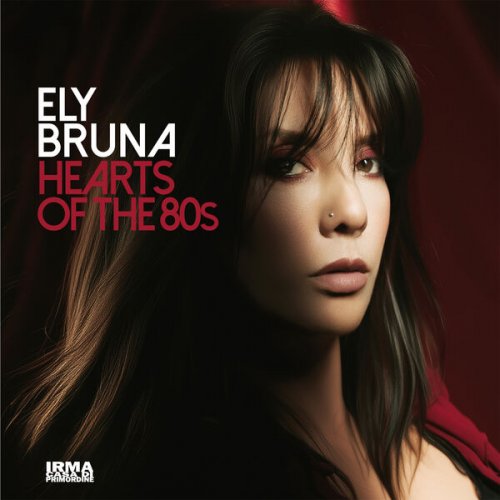
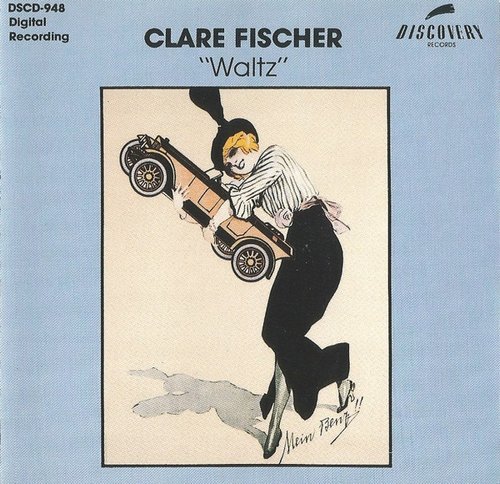
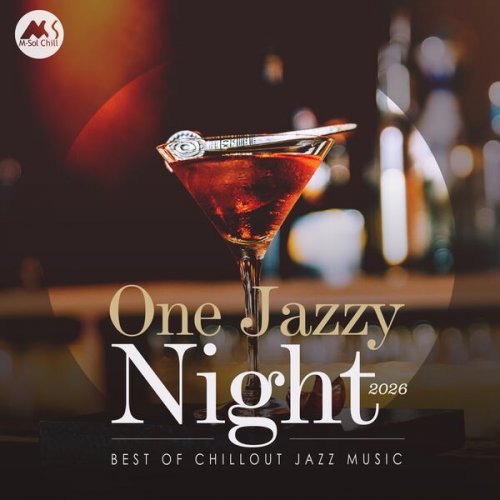
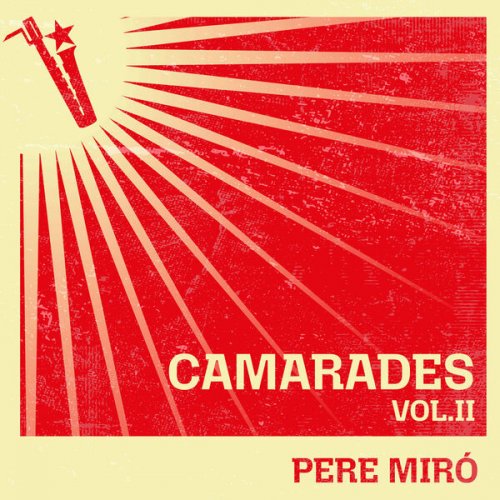
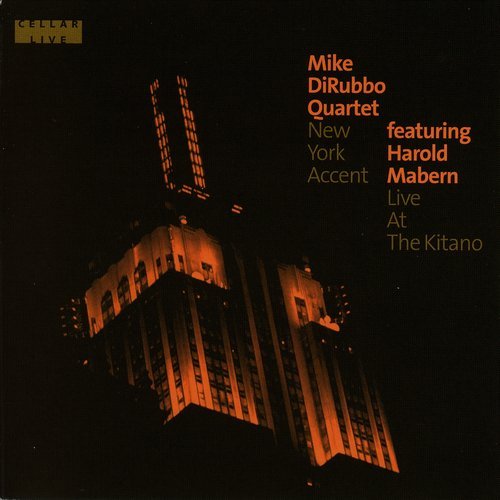
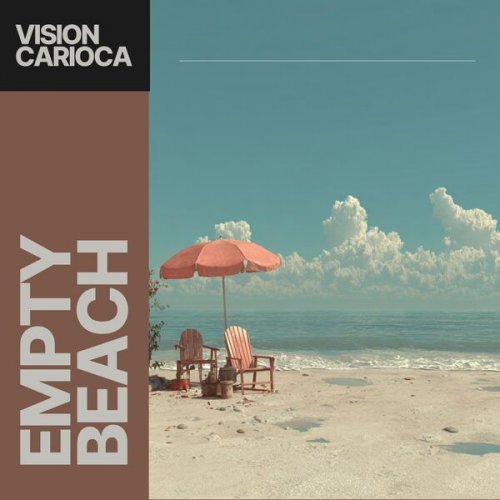
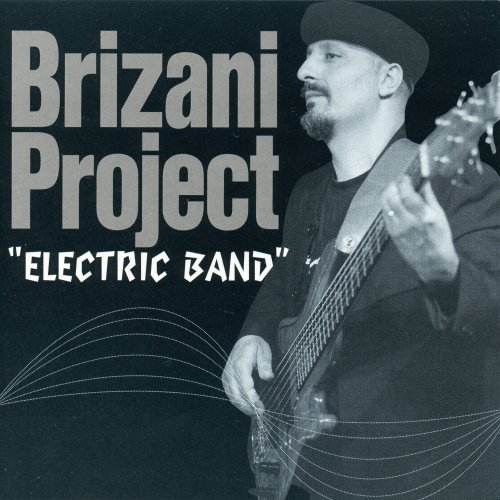
![Matt Monro - The Nearness Of You (2015) [Hi-Res] Matt Monro - The Nearness Of You (2015) [Hi-Res]](https://www.dibpic.com/uploads/posts/2026-02/1771594612_cover.jpg)